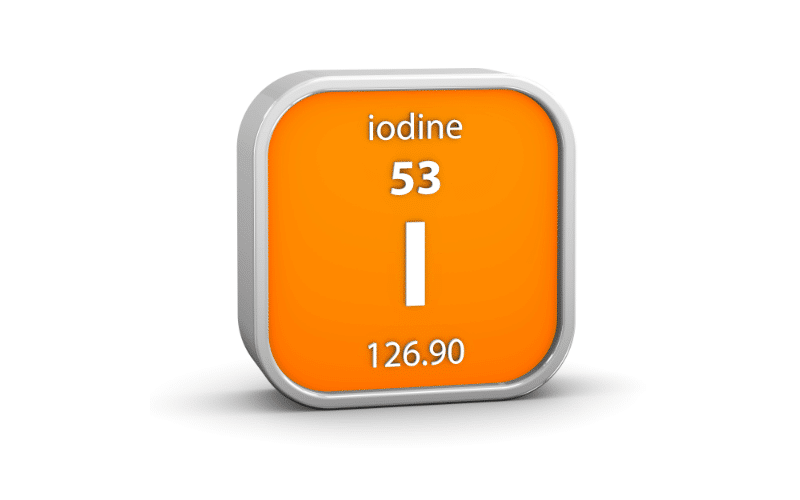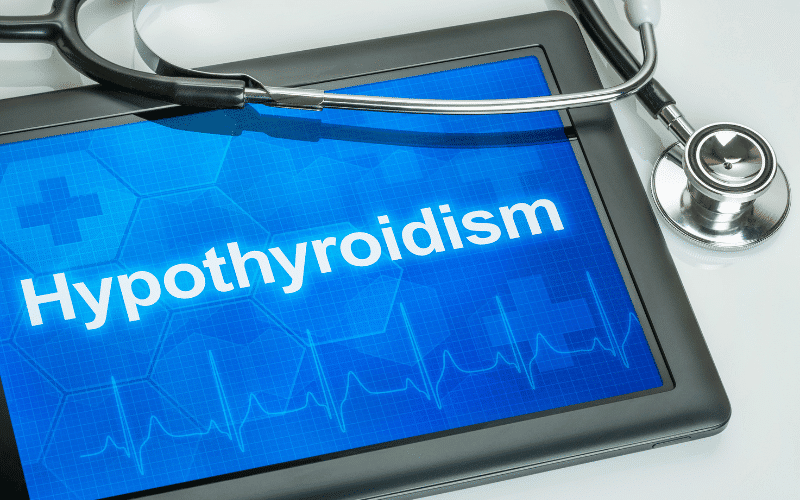Introduction: Spotlight on Iodine Deficiency and Its Ramifications

Iodine—a trace mineral that silently contributes to our vitality—often escapes our notice in the hustle and bustle of life. Its role may be unassuming, but it stands firm in its importance to our overall wellbeing. Indeed, our bodies rely on this vital element to function correctly, and a lack of it can invite numerous health problems.
The connection between iodine and the human body hinges largely on the thyroid gland. As a factory for thyroid hormones, this small, butterfly-shaped gland uses iodine to produce the hormones that regulate many of our bodily functions. When iodine levels drop, the thyroid struggles to maintain its usual production levels. The results can be far-reaching and, in some instances, severe.
Despite the world’s oceans being rich in iodine, the reality is that its distribution in the environment is unequal. Many people live in areas where the soil is deficient in iodine, leading to low levels in the crops that grow there. This unequal distribution results in pockets of populations who are at a higher risk of iodine deficiency.
The purpose of this article is to highlight the health effects that can arise from iodine deficiency. We’ll look beyond the usual buzzwords and delve into each health effect with a detail-oriented approach. We aim to shed light on this often overlooked aspect of health and wellness, offering insights that can encourage a deeper understanding of iodine’s role in our bodies.
1. Hypothyroidism: The Unseen Thief of Vitality

Hypothyroidism—the medical term for a condition that arises from a deficiency in thyroid hormone production—is the first health effect we’ll discuss. The absence of adequate iodine to fuel the thyroid gland’s function often leads to this condition. But, what does it mean for the affected individual?
Living with hypothyroidism is akin to perpetually swimming against a strong current. You’re persistently drained of energy, as if your life’s vigor is seeping away slowly and stealthily. Tasks that once were routine now seem like monumental challenges. This profound fatigue can permeate every facet of life, casting a shadow over your productivity and zest.
In addition to this, hypothyroidism also ushers in an unwelcome physical transformation. Unexplained weight gain, despite a consistent diet and exercise regime, is another common symptom. This issue can further impair an individual’s quality of life, affecting both physical health and emotional wellbeing.
Moreover, hypothyroidism can make you feel as though you’re encased in an invisible cloak of cold. This heightened sensitivity to cold temperatures is yet another manifestation of your body’s slowed metabolism. Even in a cozy, heated room, you might find yourself reaching for an extra layer of clothing.
In terms of mental health, hypothyroidism can contribute to feelings of depression. It’s as though a persistent fog settles over your mind, making it hard to experience joy or maintain a positive outlook. It’s crucial to remember that these feelings are symptoms of the condition and not a reflection of reality. (1)